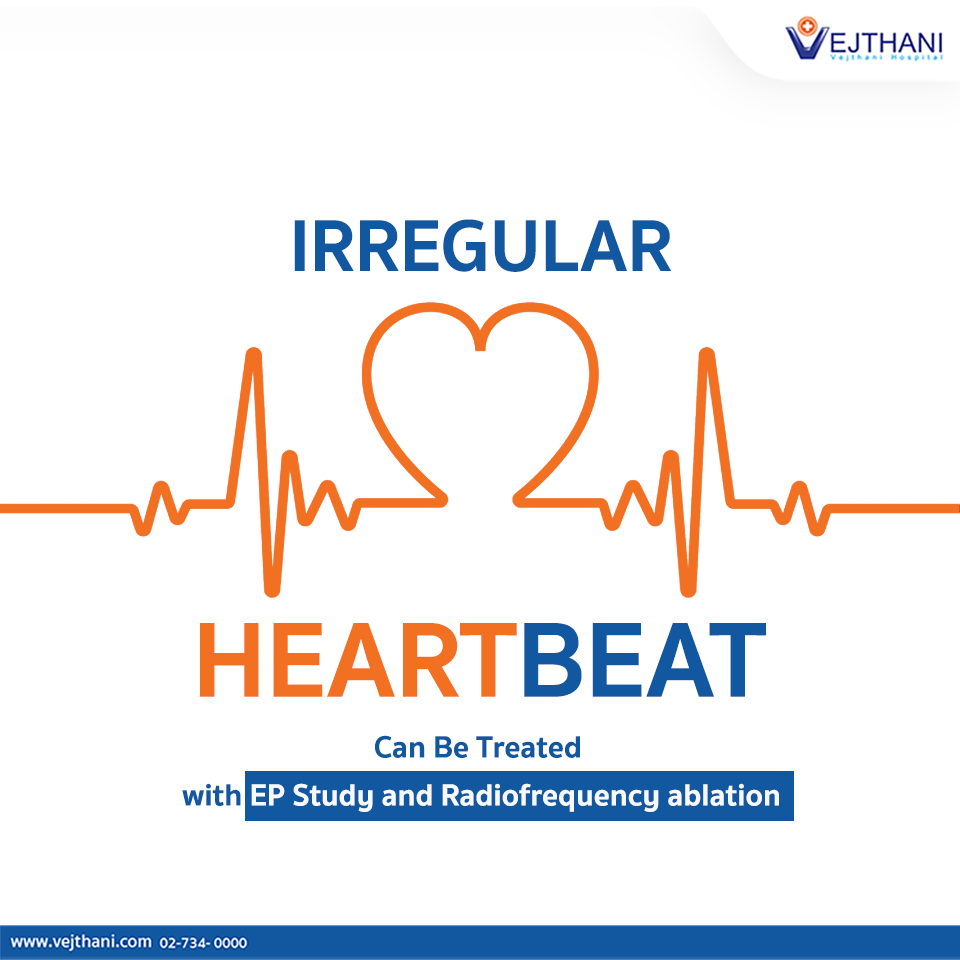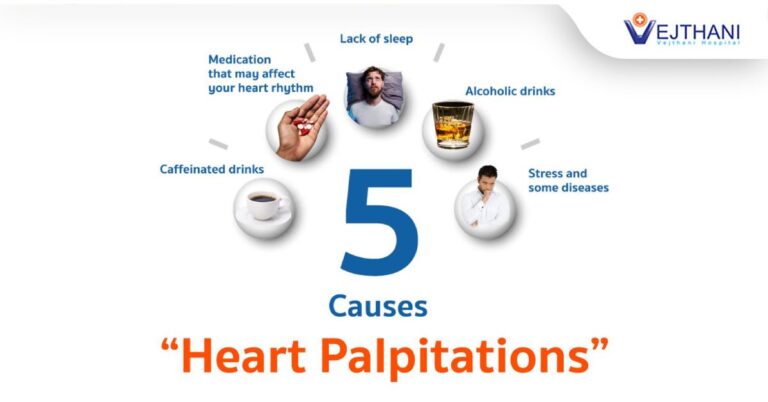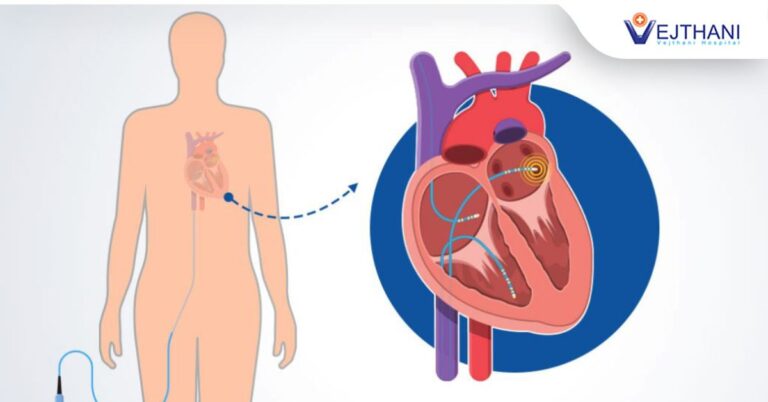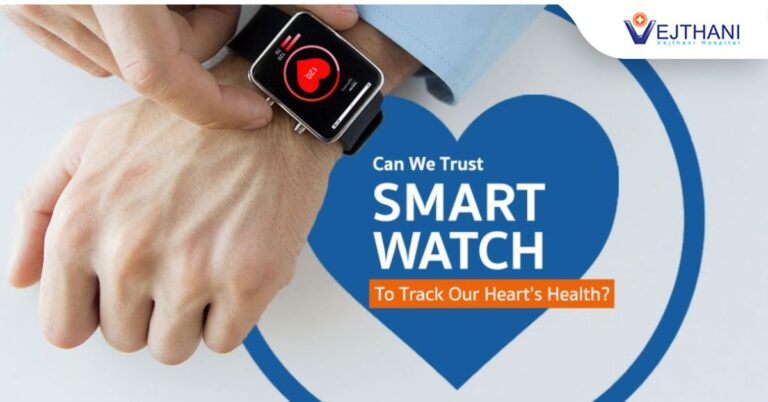

Irregular Heartbeat or Cardiac Arrhythmias can now be treated by undergoing the electrophysiological (EP) study and Radiofrequency Ablation. With the EP Study and Radiofrequency Ablation, there is no need to take medicine for the rest of your life.
Dr. Pariwat Pengkeaw, M.D., a cardiology specialist of Vejthani Hospital mentioned that ‘Cardiac Arrhythmias’ is a heart rhythm disorder or irregular heartbeat. With arrhythmia; the heart tends to beat too fast or too slow, and that affects the amount of blood pumped by the heart and increase the risk of heart failure, stroke, or death.
Cardiac Arrhythmias can be divided into 2 types of irregular heartbeat which are:
- Fast Heart Rate (Tachycardia) – A condition that makes the heartbeat more than 100 times per minute which exceeds the normal resting heart rate. The condition includes Supraventricular Tachycardia (SVT), Wolf Parkinson White syndrome (WPW), Atrial Tachycardia, Atrial Flutter, Atrial Fibrillation, Ventricular Tachycardia (VT), and Premature Ventricular Contraction (PVC).
- Slow Heart Rate (Bradycardia) – A condition that makes the heartbeat less than 60 times per minute. It includes Heart Block (AV Block) and Sick Sinus syndrome.
“Heart palpitation, Bounding pulse, Shortness of breath, Chest tightness, Dizziness, and Fainting are the initial symptoms of cardiac arrhythmias. Usually, a lot of patients ignore their symptoms until it gets more severe and affects their life.” Said Dr. Pariwat Pengkeaw, M.D.
For the cardiac arrhythmia’s diagnosis, the cardiologist will start the diagnosis with patient’s history taking, body examination, electrocardiogram (EKG), and 24-Hour Holter monitoring, or the cardiologist might consider using the electrophysiological study to evaluate the irregular heartbeat.
The treatment for cardiac arrhythmia or irregular heartbeat depends on the types, severities, and causes of arrhythmia, the cardiologist might consider using symptomatic medication which is a medicine that needs to take for the rest of the patient’s life, but currentlythere is an innovative technology called electrophysiological (EP) Study and Radiofrequency Ablation (RFA) that could precisely and effectively treat the patients with irregular heartbeat. Moreover, the success rate is around 95 – 98%. For the Ventricular Tachycardia (VT) type and some cases that cannot undergo the EP study and Radiofrequency ablation, the cardiologist will consider using Automatic Implantable Cardioverter Defibrillator (AICD). And for patients with a slow heart rate (Bradycardia), the cardiologist will consider using pacemaker which is a device that will be implanted in the chest area to control the irregular heartbeat. Besides Cardiac Arrhythmias, patients with cardiomegaly, cardiomyopathy, and heart failure also can receive Cardiac Resynchronized Therapy (CRT).
Even though there are several technologies for irregular heartbeat treatment, it would be better if we can prevent it. To reduce the risk of irregular heartbeat, you have to change your daily behavior, consume nutrient-rich foods, control your weight, get enough sleep, and exercise regularly. But if you are suspected to have an irregular heartbeat, you should seek medical advice and receive proper treatment that suits your symptom and problem.
For more information, please contact
Cardiac Center, 5th floor, Vejthani Hospital
Call: (+66)2-734-0000 Ext. 5300
English Hotline: (+66)85-223-8888
- Readers Rating
- Rated 5 stars
5 / 5 ( Reviewers) - Spectacular
- Your Rating
























